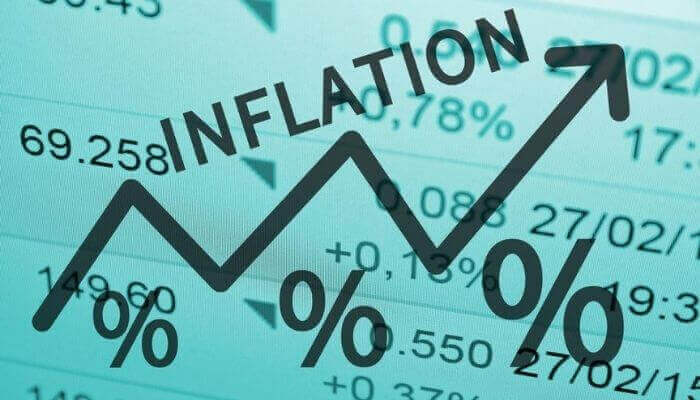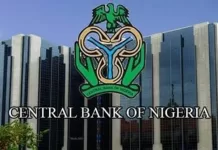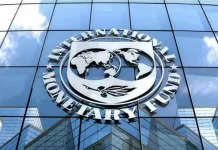One thing that is difficult to achieve is coming out of a pit when you are also digging at the same time. Some experts say that is what the Central Bank of Nigeria is doing with the its fiscal policies.

Indeed, there is a rising rate of inflation in Nigeria and the Central Bank ahs continued to tell Nigerians that it is working to reduce it.
However, experts are of different opinion on this matter.
They say the CBN is fueling the inflation it seeks to control.
According to them, the CBN’s continued financing of the government’s fiscal deficit is limiting the impact of its longest phase of monetary tightening since 2011 as rising money supply drives inflation to an almost 18-year high.
Annual Inflation
Annual inflation in Africa’s biggest economy quickened to 22% in March from 21.9% in February, the statistics agency said on Saturday. This is happening even after the Central Bank of Nigeria hiked its benchmark rate by 650 basis points since May.
The central bank’s hawkish stand has failed to curb a sustained rise in money supply and credit to the economy which are both at a record high.
Read Also: Foreign Rice: Local Producers Urge Customs To Step Up Their Game
With the rising rates, the central bank has also funded budget shortfalls to the tune of ₦23.7 trillion in eight years, putting pressure on money supply.
Money supply, rose by 18.3% in February from a year ago, while credit to businesses and consumers increased by 16%.
Both contributed to push total money supply in the economy to ₦53.3 trillion ($115. 7 billion) and credit to the private sector to ₦41.8 trillion, the highest on record, according to data on the central bank’s website.
Economic research expert, Razia Khan says “CBN’s ways-and-means financing of Nigeria’s fiscal deficit has played some role in the expansion of monetary aggregates”.
“Even with rate-tightening, this might be a better gauge of the overall stance of monetary policy”.
Undermining Own Goals
The price index has been above the central bank’s 9% ceiling for almost eight years.
The CBN Governor at the bank’s monetary policy committee meeting in March, said it will continue tightening, albeit, moderately, until the differential between inflation and the key rate at 18% is closed.
You Can Also Read: Foreign Rice: Local Producers Urge Customs To Step Up Their Game
On his part, head of Africa sovereign and corporate credit research at BancTrust & Co, opined that the apex bank was undermining its own goals by the “continued financing of government’s fiscal deficit,” as well as bank rules such as the “minimum loan-to-deposit ratio that banks must maintain to limit excessive cash-reserve-ratio debits”.
The central bank in the West African nation demands that lenders must hold 32.5% of deposits as reserves, and extend at least 65% of the deposits as loans, to avoid penalties.
The central bank’s tightening measures “have not been effective,” Dawodu said.





